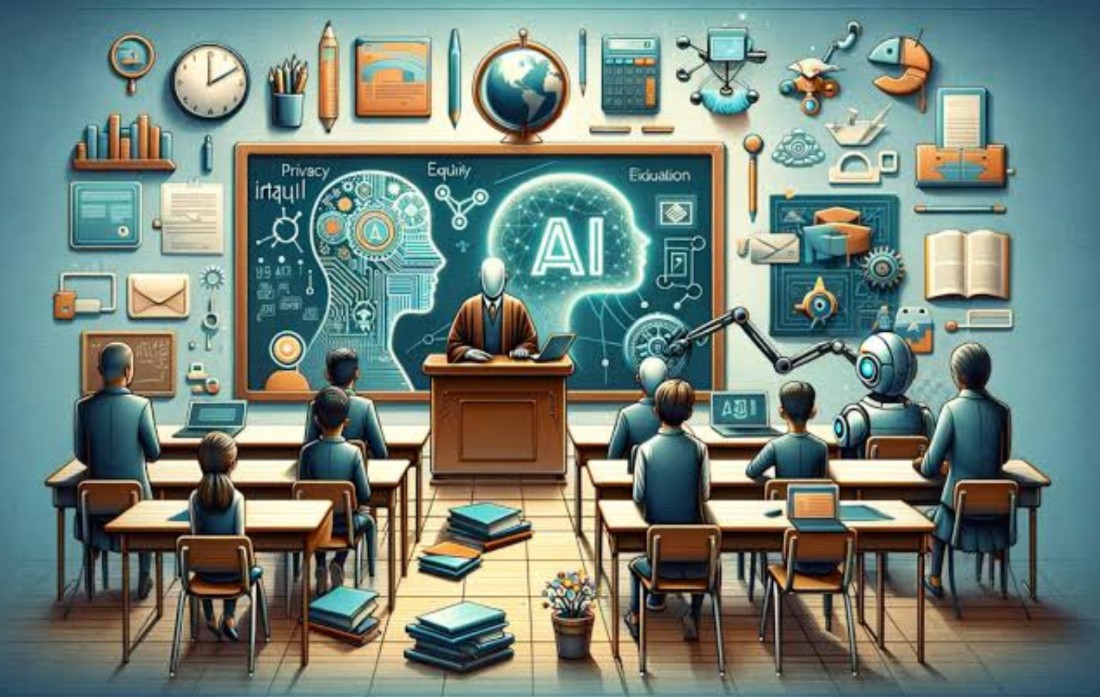15. July 2025
Admin
How to Integrate AI in Nigerian Classrooms

Artificial Intelligence (AI) is no longer just science fiction — it’s now a practical tool reshaping education. In Nigeria, integrating AI into classrooms can help personalize learning, boost efficiency, and prepare students for future careers in technology. Here's how schools can start implementing AI-based tools and practices.
Quick Insight: With the right approach, even budget-conscious Nigerian schools can begin using AI to transform learning outcomes.
1. Introduce AI-Powered Learning Platforms
Platforms like Century Tech, Khan Academy, and uLesson adapt to students' strengths and weaknesses using AI. Teachers can use these tools to assign personalized lessons and track individual progress.
2. Use AI Chatbots for Student Support
Chatbots (like ChatGPT) can:
- Answer students’ questions in real-time
- Assist with homework and revision
- Provide learning resources tailored to specific needs
Schools can train students to use these responsibly for learning.
3. AI for Grading and Assessments
AI tools can help teachers save time by:
- Auto-grading multiple-choice tests
- Analyzing student performance trends
- Detecting patterns in essay writing and assignments
Platforms like
Gradescope or
Quillionz offer such features.
4. Introduce Students to AI Concepts
Start coding clubs or AI literacy programs where students learn:
- Basic AI concepts (e.g., machine learning, data)
- Practical applications like voice assistants or image recognition
- AI ethics and real-world implications
Tools like
Scratch,
Google Teachable Machine, and
Microsoft AI for Youth can help.
5. Teacher Training on AI Tools
Teachers should be trained to:
- Use AI for lesson planning and student tracking
- Incorporate AI tools in blended learning models
- Promote digital citizenship and responsible use
Free online courses are available via
Coursera,
edX, and
Google for Education.
6. Create AI-Enriched Projects
Encourage students to build simple AI projects such as:
- Chatbots for school websites
- Smart farming prototypes
- AI-powered quizzes or apps
This fosters creativity, critical thinking, and innovation.
7. Use AI for Personalized Learning Paths
Some AI systems can analyze how a student learns and adjust the curriculum. This helps slow learners catch up and fast learners move ahead without waiting for others.
8. Monitor Ethical Use of AI Tools
Teach students about:
- Plagiarism and misuse of AI
- Bias in AI systems
- How to use AI as a support, not a replacement for effort
Responsible use should be part of your digital literacy curriculum.
Final Thoughts
AI is the future of education. Nigerian schools that start now — even with simple tools — will better prepare their students for a competitive world. Begin with awareness, pilot projects, and teacher readiness. The time to embrace AI is now.
Note: You don’t need expensive infrastructure to begin. Start small — one device, one app, one trained teacher — and grow your AI capacity over time.
